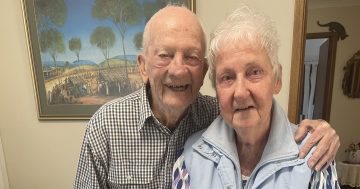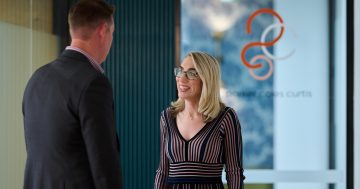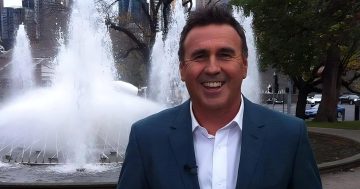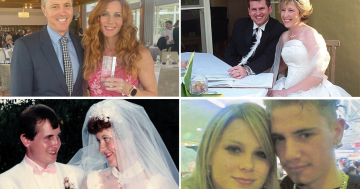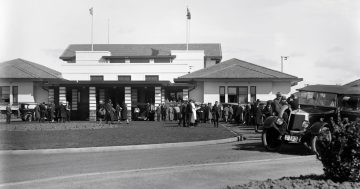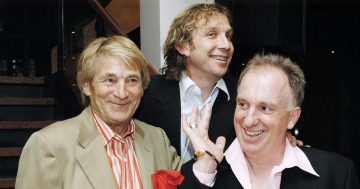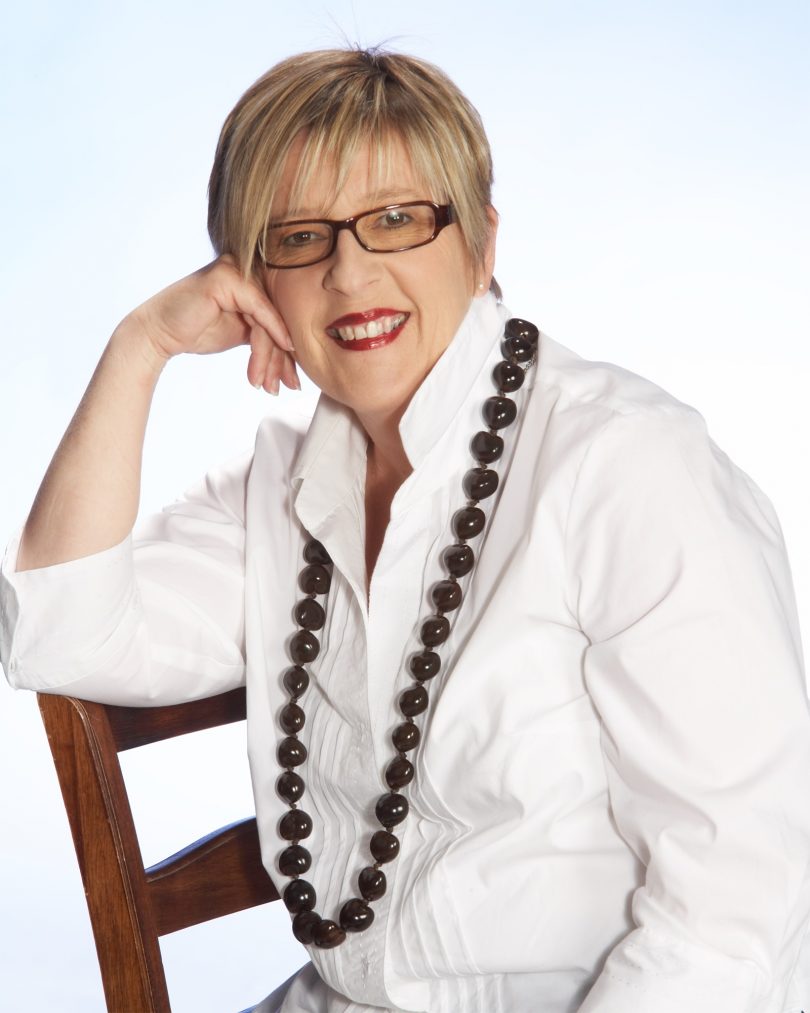
With the same sex marriage postal survey results imminent, Kim Huynh asks some notable Canberrans for their insights and experiences on marriage. This week, he speaks to celebrant Judy Aulich.
Q. How long have you been a celebrant for and how many weddings have you overseen?
A. Eleven years and well over a thousand. I marry a lot of people, over a hundred each year. It’s seasonal, the warmer months being busiest because people often like to get married outside. And I do a lot of ‘quickies’, which are for people who don’t want a major ceremony. It’s like getting married in a registry, a facility that we don’t have in Canberra.
Q. What’s your record number of weddings in a day?
A. Seven. I guaranteed to marry same sex couples in Canberra on the first day that it became legal in 2013. So I had back-to-back weddings from 7:30 in the morning until 7:00 at night, but it was a very exciting day. [Interviewer’s Note: The ACT same sex marriage law was successfully challenged by the federal government in the High Court. This voided the unions of the 31 couples who married under that legislation]
Q. Do you ever reject couples?
A. Only twice. One couple who said something really unpleasant about their little child during our initial meeting. And another time because I was really offended by the groom’s vows. His thought that they were funny, and of course I don’t mind funny vows, but I had to tell him that I just don’t agree with men using humour as an excuse to demean women.
Q. Is it important to you for couples to be in love before you marry them?
A. No, not at all. That sounds really strange, I know. And most couples who I marry are in love, I think. But marrying because you’re in love is an historically recent Western construct. Legally, the only requirements are that you must be at least 18, you can’t be too closely related (although you can marry your cousin), you must not be married to someone else, and you must give full consent.
Q. Are there any ceremonies that you’ve overseen that are especially memorable?
A. I’ve married a couple where the young man had only a short time to live. I had to be very strong for that one because my job was to make sure that they had a joyous wedding. When I got back to the car I had a good cry.
Q. Do you ever cry at the ceremony or is that a big no-no?
A. Never. You’ve got to keep it together. But I always tell couples, ‘Don’t hold back!’. Everybody loves a good cry at a wedding. And some of my best criers have been blokes.
Q. According to the latest ABS statistics, 36 percent of Australian marriages end in divorce. Divorce rates have fallen a little, but do you ever bemoan the fact that lots of couples who you marry don’t stay that way until death do they part?
A. It’s a bit sad, but I think people still have high expectations and that when they get married, they earnestly think that they are going to last.
Q. One of the key roles of a celebrant is to recite the monitum. What’s that?
A. It’s the part that must be said before the couple exchange their vows. The monitum goes, ‘…marriage according to the laws of Australia is the union of a man to a woman… to the exclusion of all others….’ [Interviewer’s Note: It’s quite long and Judy says she can recite it in her sleep. Also, ‘monitum’ means ‘warning’ in Latin]
Q. What happens when couples object to the fact that, according to the law, a man can only marry a woman and visa versa?
A. It’s not uncommon for me to be asked, ‘Must that be said?’ My answer is ‘yes’. But sometimes people request that I add that they are conscious that some other loving and devoted couples are not able to marry, and that the bride and groom believe that marriage should be available to all regardless of sexuality. Quite often that’s met with applause, which suggests to me that Canberra really is the capital of same sex marriage.
Q. You’re a leading figure in the association of Australian Marriage Celebrants and train celebrants, do they have a position on same sex marriage?
A. They don’t. The Australian Federation of Civil Celebrants do. They have come out strongly in favour of marriage equality. There are a broad range of views among celebrants on this, but I think it’s fair to say that celebrants are a reasonably conservative group of people.
Q. What does marriage mean to you?
A. Personally, it’s about finding someone who I want to be with for my entire life. I think for me it’s about having a family. We have three children and four grandchildren. My marriage is about sharing those people and experiences with my husband. At the end of the day it’s about companionship and knowing that there will always be someone who is there for me just as I will always be there for him.one
Kim Huynh is a RiotACT columnist, ANU lecturer and radio presenter. This interview was originally aired on ABC Radio Canberra Drive.













